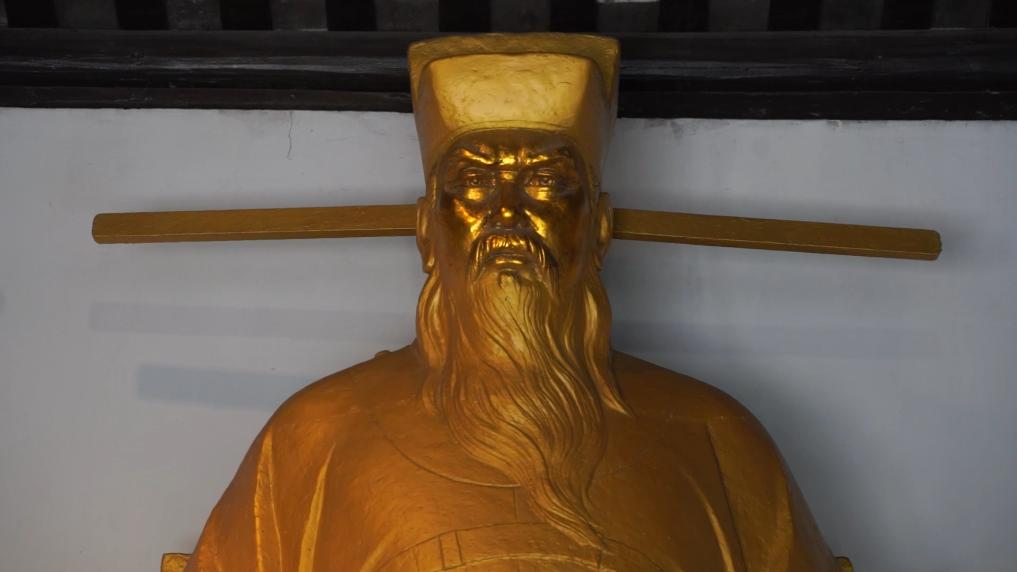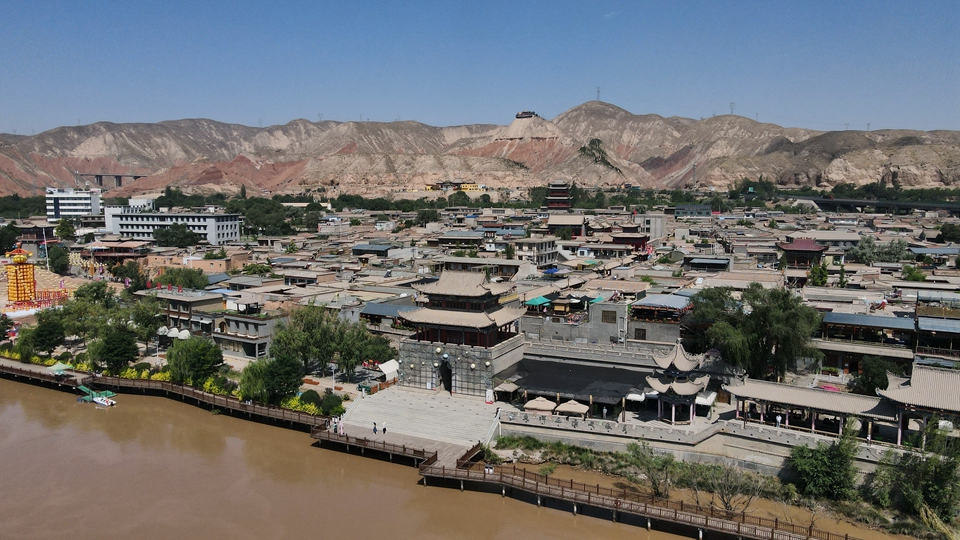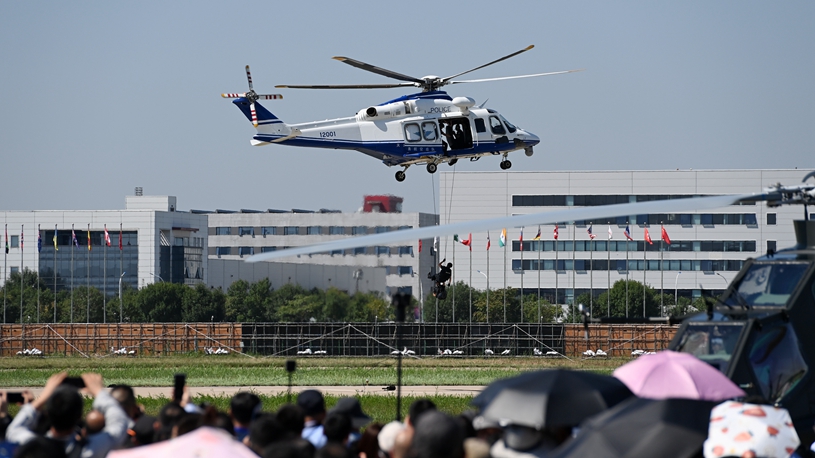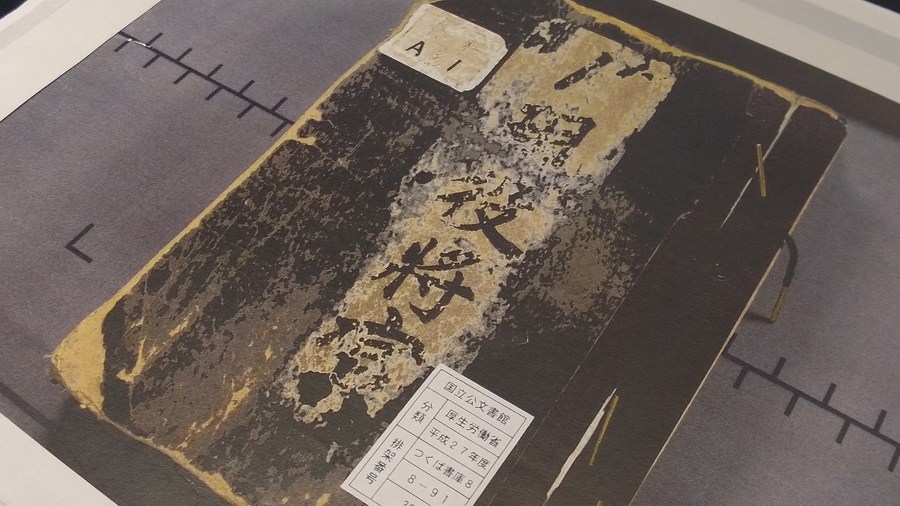
This screen shot shows a name-list of military doctors from Unit 731, a Japanese germ-warfare army during World War II, displayed at the Exhibition Hall of Evidence of Crime Committed by Unit 731 of the Japanese Imperial Army in Harbin, northeast China's Heilongjiang Province, Sept. 15, 2023. (Xinhua/Tang Tiefu)
HARBIN, Sept. 19 (Xinhua) -- The name-list of military doctors from Unit 731, a Japanese germ-warfare army during World War II, went on public display for the first time in Harbin, the capital of northeast China's Heilongjiang Province, on Monday.
The historical material was discovered by Japanese scholar Seiya Matsuno, a specially-appointed professor at Heilongjiang International University, in July at the National Archives of Japan.
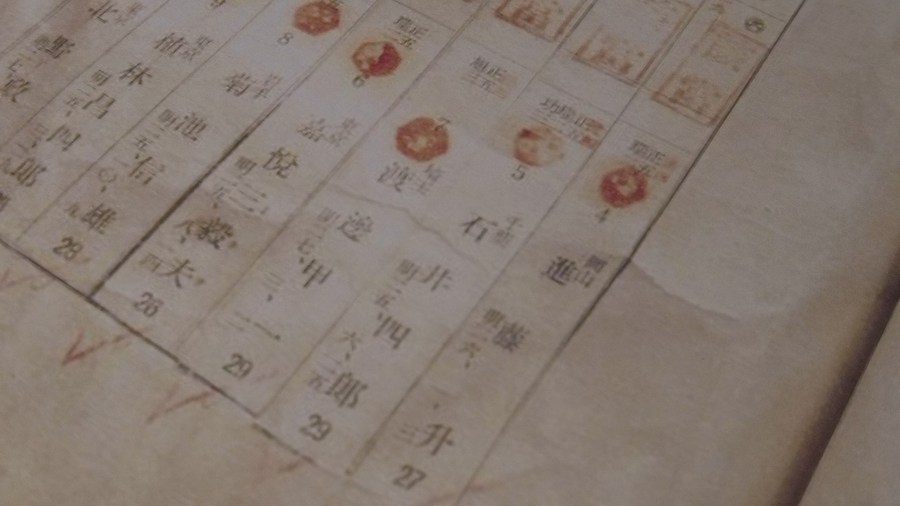
This screen shot shows a name-list of military doctors from Unit 731, a Japanese germ-warfare army during World War II, displayed at the Exhibition Hall of Evidence of Crime Committed by Unit 731 of the Japanese Imperial Army in Harbin, northeast China's Heilongjiang Province, Sept. 15, 2023. (Xinhua/Tang Tiefu)
It records the basic information of the military doctors of Unit 731, and their belonging, adjustment and demobilization after 1944, covering the positions from lieutenant general to second lieutenant. It also includes the personnel turnover between Unit 731 and other health units, proving that Unit 731 has personnel exchanges with other health units.
Jin Chengmin, curator of the Exhibition Hall of Evidence of Crime Committed by Unit 731 of the Japanese Imperial Army, said that by comparing and studying previous historical materials, we can have a more comprehensive understanding of the overall situation and working experience of the military doctors of the Japanese invaders at the end of World War II.
It is the core material for deepening the research on the overall scale, personnel composition, and ranks of Unit 731, and the key evidence for fully recognizing the crimes committed by the Japanese invaders and the coordinated crimes committed by military doctors. It is of great significance for restoring the historical truth and promoting academic research, according to Jin. ■







